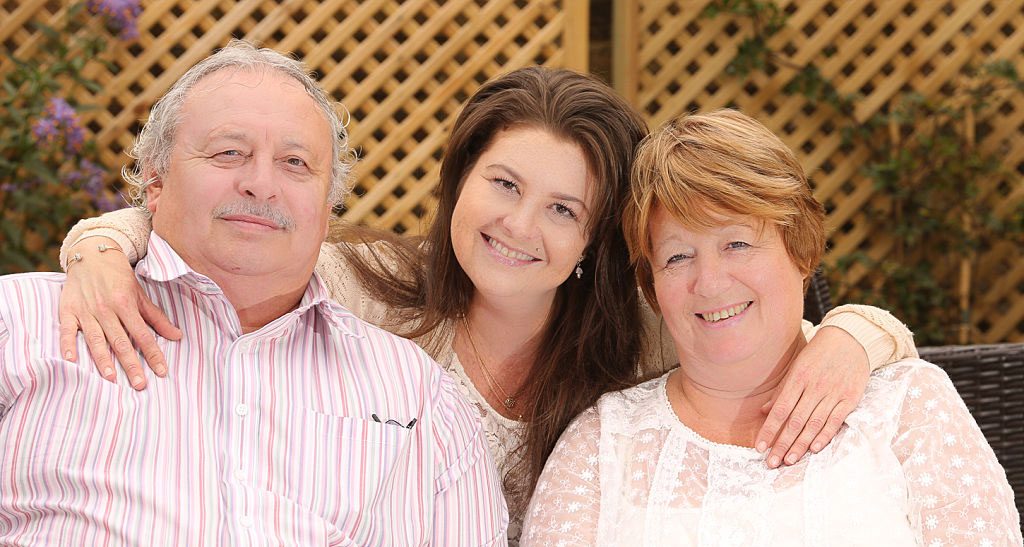Is Cancer Hereditary?

The many types of cancer have genetic factors, but that doesn’t make them hereditary. A better question might be: Is cancer genetic?
Is cancer hereditary?
When it comes to cancer perhaps the most common question is whether it’s hereditary.
The simplest answer is that it has a genetic component. Certain types of cancer may be more common within some families. You are more likely to inherit some cancers through your family tree. But genetic doesn’t mean hereditary.
YOU MIGHT ALSO LIKE: Our Cancer Section
In some families, you may see one or more or cases of cancer. But there also are major modifiable risk factors, which research has found can increase the chance of developing cancer.
Those include:
- Smoking, which increases the risk of developing virtually all cancers
- Exposure to known human carcinogens
- Exposure to radiation
- Overexposure to UV and UVA light as triggers to skin cancers
- Obesity and poor diet
- Exposure to certain hormone treatments
- Infections such as HIV
Is cancer genetic?
Studying the role that genetics plays in cancer is tricky. Environmental risk factors play an important role in the development of cancer, but some cancers have a hereditary component. The reason is likely due to a small genetic predisposition but mainly because lifestyle factors tend to be similar among family members. For example, in a family in which smoking is common, there is a greater risk of suffering from lung cancer.
But some people do inherit mutated genes that make their chance of developing a certain cancer higher than normal. Women who have BRCA1 or BRCA 2 gene mutations have a high risk of developing breast cancer or ovarian cancer.
Cancers that may be caused by an inherited mutated gene and seem to run in families include:
- Breast
- Ovarian
- Bowel and womb cancer
- Retinoblastoma
- Hodgkin’s lymphoma
- Non-Hodgkin’s lymphoma
- Melanoma
- Prostate cancer
Hereditary cancer syndromes
Cancer is so common that most families have had a member who has had some form. While most cancers develop from environmental factors, the American Cancer Society does identify family cancer syndromes, so named based on the rate of occurrence within a family.
Certain factors make it more likely that a family cancer syndrome causes cancers in a family, including:
- Many cases of an uncommon or rare types of cancer
- Cancers occurring at younger ages than usual
- More than one type of cancer in a single person
- Cancers in a pair of organs
- More than one childhood set of cancer in siblings
- Cancer occurring in a gender that usually doesn’t get that type
Before you decide a certain cancer runs in your family, gather some information (including talking to a medical geneticist or oncologist) first.
Ask questions, such as:
- Who is affected and how you are related?
- What type of cancer is it and is it rare?
- How old was the relative when they were diagnosed?
- Did the person get more than one type of cancer?
- Did they smoke or have other known risk factors?
For many years, doctors noticed that, in some families, many of the women developed breast and or ovarian cancer. Often the cancers were found at younger than usual ages, and some of the women had more than one cancer. Some had breast cancer in both breasts, and some got both breast and ovarian cancer.
The distinction between genetic and hereditary may be lost on women who develop breast cancer. Still, it’s a genetic predisposition toward the cancer in certain families from a mutated gene, with environmental factors playing a role. That doesn’t necessarily make the cancer hereditary, but it’s a fine line inherent in a family risk that can easily be blurred.
Updated:
June 06, 2023
Reviewed By:
Christopher Nystuen, MD, MBA